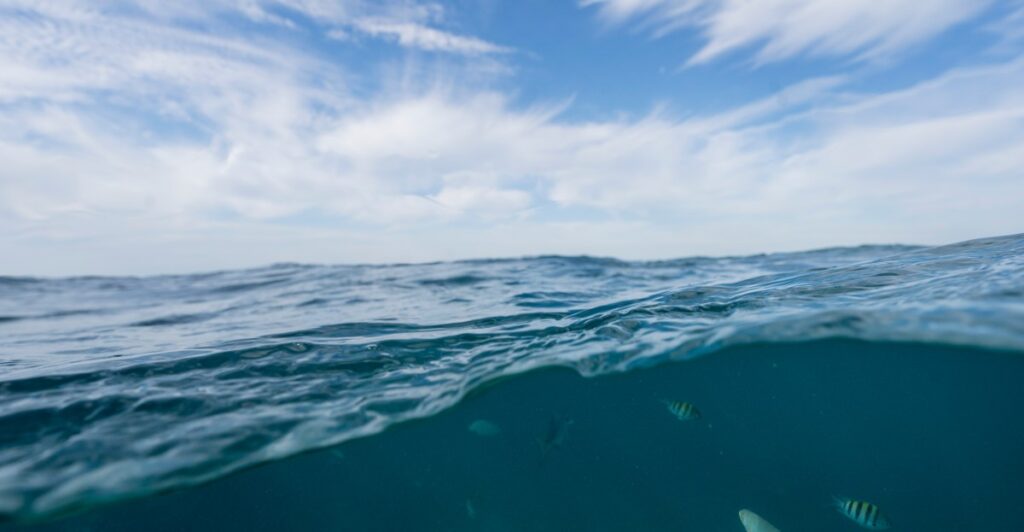The article discusses the alarming decline of two coral species in Florida—staghorn and elkhorn—following the intense heatwave of 2023. Researchers found these corals to be “functionally extinct” in the state, meaning they no longer contribute to the marine ecosystem. Corals rely on a symbiotic relationship with algae for nutrients and color, but extreme heat causes them to expel the algae, leading to bleaching and, ultimately, death.
The ocean temperatures in southeastern Florida reached unprecedented levels, peaking above 93 degrees in some areas. This heat wave caused up to 100% loss of staghorn and elkhorn corals, which provide vital services such as fishing habitat, tourism revenue, and coastal protection against flooding. The article highlights the economic importance of corals, linking them to Florida’s $24.6 billion fishing industry and $900 million in nature-related tourism.
Scientists warn that such extreme heat events are becoming more common, with overall coral populations globally already at risk. Coral reefs have reached a climate tipping point, and continuing fossil fuel usage exacerbates the situation. Advanced techniques are needed to cultivate heat-tolerant corals and mitigate other threats. The urgency is clear: actions to save corals are essential, as inaction will worsen conditions for both marine life and human communities reliant on these ecosystems.
Source link


